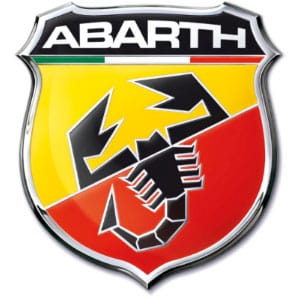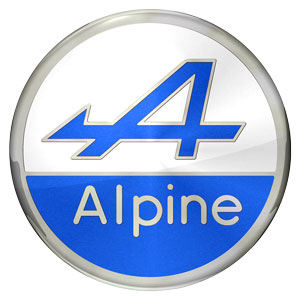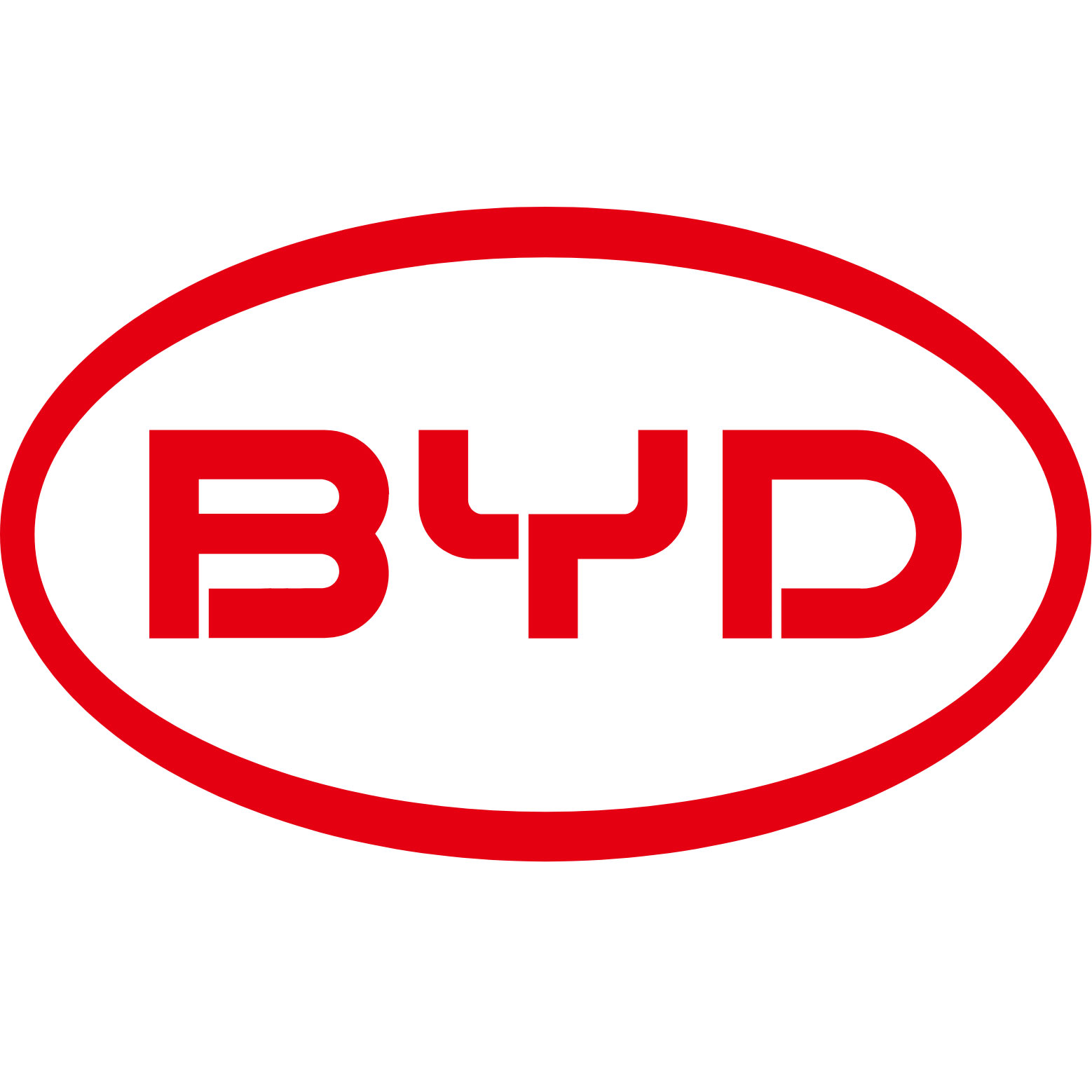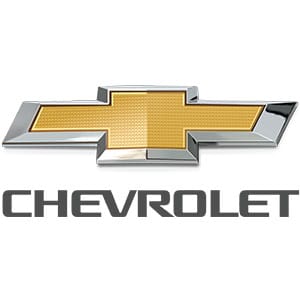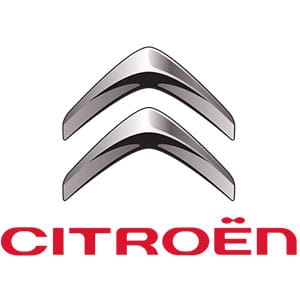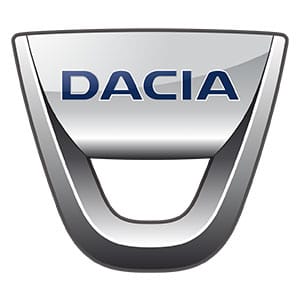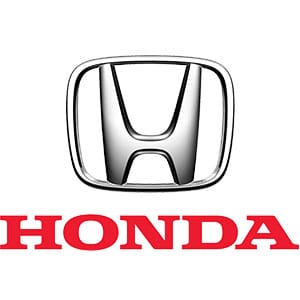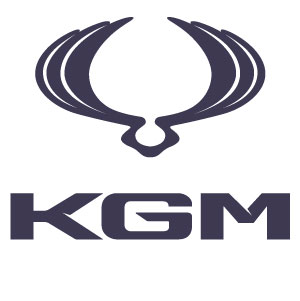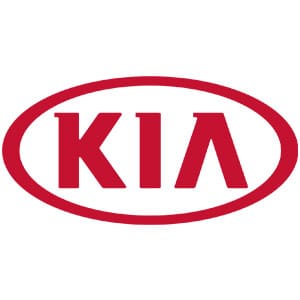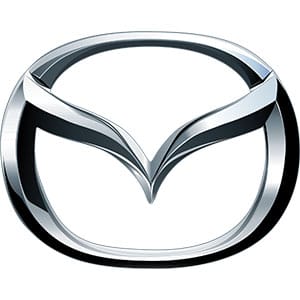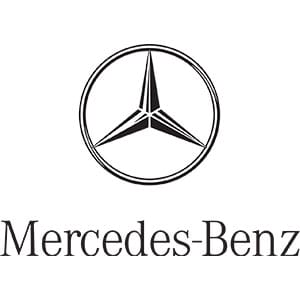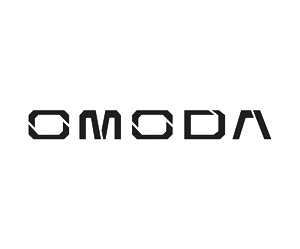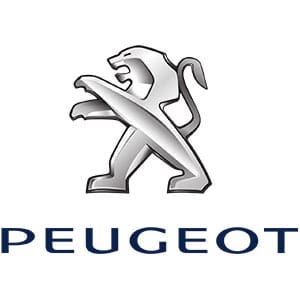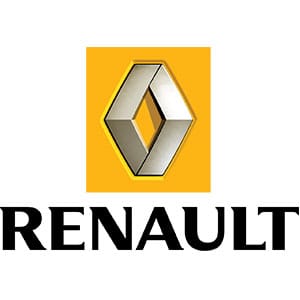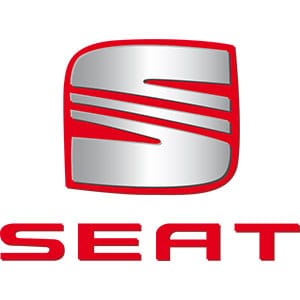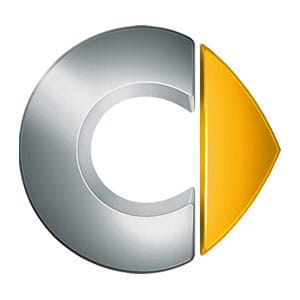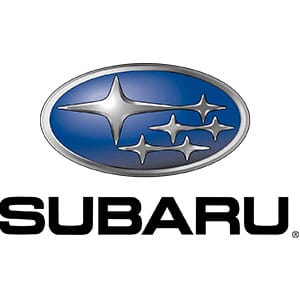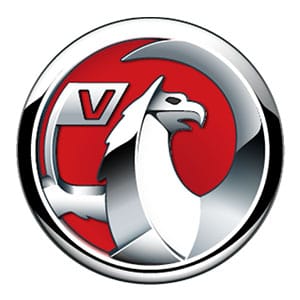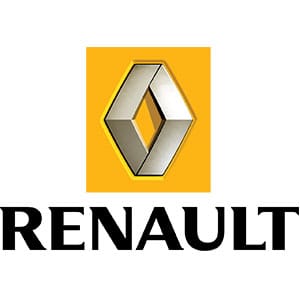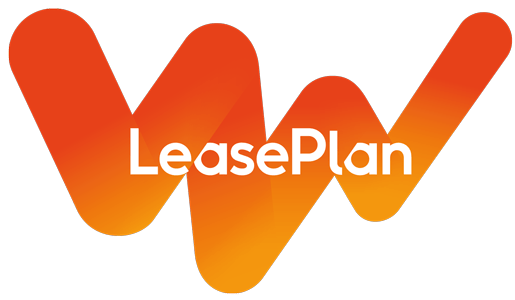Car Finance Products Explained
Contract Hire For Businesses
What is it?
Contract Hire is an Operating Lease whereby the vehicle continues to be owned by the finance company and is then hired to your company for a set period of time and at a fixed monthly rate. This method of finance can be useful for companies wanting to free up credit lines or improve cash flow by implementing fixed cost fleet operation. Generally the vehicle is hired over a period of two or three years, sometimes even four.
How Does It Work?
The monthly rental charged is calculated based upon the cost of the vehicle, the contract period, the anticipated resale value and predicted contracted mileage. The rental can also take into account service and maintenance costs, together with any additional services such as relief vehicles should your company so wish. Most contracts would normally require three rentals in advance as deposit, however this can be as little as one by agreement with the finance company.
How Is It Accounted For?
Under a Contract Hire agreement the finance company retains ownership of the vehicle at all times and therefore continues to absorb the subsequent risks such as unforeseen running costs and uncertain resale values.
Rentals paid on vehicles under £12,000 are fully deductible against corporation tax. However, for higher priced vehicles only a proportion of the payments can be offset.
Where a vehicle has a partial private use then 50% of the VAT on rentals is recoverable, whereas the service and maintenance elements of the rental are fully recoverable.
Contract Purchase for Businesses
What is it?
Contract Purchase offers the ability to purchase vehicles over a predetermined period of time and at fixed monthly costs, without taking the depreciation risks normally associated with owning. Generally the vehicle is contracted over a period of two or three years, sometimes even four.
How Does It Work?
The monthly payment is calculated based upon the cost of the vehicle, the contract period, the anticipated depreciation and predicted contracted mileage. The rental can also take into account service and maintenance costs, together with any additional services such as relief vehicles should your company so wish. Most contracts would normally require three payments in advance as deposit, however this can be as little as one by agreement with the finance company.
At the end of the contract, ownership can be retained by making a final balloon payment. Alternatively the vehicle can be returned for resale by the finance company, with no further payments due.
How Is It Accounted For?
The vehicle appears as a balance sheet asset for the duration of the contract, meaning that you can claim capital allowances at the rate of 25% per year on the reducing asset value of the vehicle (up to a maximum of £3000 per annum). However, unlike Contract Hire VAT is not recoverable on the monthly payments..
For vehicles over £12,000 a balancing charge or allowance is made on disposal of the vehicle, thus generating tax efficiencies by allowing for the full depreciation amount.
Lease Purchase (LP)
What is it?
Lease purchase is very much like Hire Purchase in that when you use LP:
- You don't legally own the vehicle until you've paid back all the money you owe. This means that you cannot modify or sell it without the finance company's permission. If you sell the vehicle then you must settle the finance agreement.
- Your contract is with the finance company who will own the vehicle until the final payment is made.
- The finance company can take the vehicle back if you don't keep up your repayments.
- You will be liable for any damage caused to the goods during the contract period.
However the major difference is that the agreement has a balloon payment which becomes payable as the final instalment. By leaving a larger payment to the end of the agreement, you are left with lower monthly repayments for the vehicle you wish to purchase. Alternatively you can choose a higher marque vehicle for the same monthly payment.
How Does It Work?
Under an LP agreement, you pay an initial deposit normally around 10% on the full cost of the vehicle inclusive of VAT, followed by monthly payments (a portion of the money you borrowed plus interest) over an agreed period. The period can be anything from two up to four years.
At the end of this period, you have the option of owning the goods outright, although the finance company may require you to pay a fee (known as an Option to Purchase fee) along with the balloon payment.
How Is It Accounted For?
The vehicle appears as a balance sheet asset for the duration of the contract, meaning that you can claim capital allowances at the rate of 25% per year on the reducing asset value of the vehicle (up to a maximum of £3000 per annum). However, unlike Contract Hire and Finance Lease VAT is not recoverable on the monthly payments as VAT is included in the on the road price of the vehicle.
Finance Lease for Businesses
What is it?
Finance Lease is a tax efficient option where you choose to pay either the entire cost of the vehicle, including interest charges, over an agreed lease period (generally between two and five years) or opt to pay lower monthly rentals with a final payment based on the anticipated resale value of the vehicle.
How Does It Work?
At the commencement of the contract, usage parameters for the vehicle are agreed, and assuming this does not vary, monthly payments and interest rates are fixed for the duration of the contract. Therefore you benefit though fixed costs but do take on the administration and operating risks. At the conclusion of the contract you can continue to operate the vehicle under a "peppercorn agreement" although you will at no time take ownership of the asset. Alternatively you can sell the vehicle and pay the finance company a percentage of the sale proceeds. Generally this is between 2.5% and 5%, but can vary dependant on the finance company rules.
How Is It Accounted For?
Although the ownership of the vehicle remains with the finance company for the duration of the contract, the car does appear on your balance sheet with the capital element of the outstanding rentals acting as the subsequent liability.
The rentals paid can be offset against taxable profits, although a proportion of the payments relating to the excess value of the vehicle over and above £12000 are disallowed.
The rentals attract VAT that can be recovered subject to eligibility. Private use enables only 50% to be reclaimed. As the finance company is the owner of the asset, you will not need to pay the purchase VAT at inception.
Finance Lease for Businesses
What is it?
With other forms of credit, such as a loan or credit card, the goods you buy belong to you straight away. When you use HP:
- You don't legally own the vehicle until you've paid back all the money you owe. This means that you cannot modify or sell it without the finance company's permission. If you sell the vehicle then you must settle the finance agreement.
- Your contract is with the finance company who will own the vehicle until the final payment is made.
- The finance company can take the vehicle back if you don't keep up your repayments.
- You will be liable for any damage caused to the goods during the contract period.
How Does It Work?
Under an HP agreement, you pay an initial deposit normally around 10% on the full cost of the vehicle inclusive of VAT, followed by monthly payments (a portion of the money you borrowed plus interest) over an agreed period. The period can be anything from two up to five years.
At the end of this period, you have the option of owning the goods outright, although the finance company may require you to pay a fee (known as an Option to Purchase fee).
Business User?
The vehicle appears as a balance sheet asset for the duration of the contract, meaning that you can claim capital allowances at the rate of 25% per year on the reducing asset value of the vehicle (up to a maximum of £3000 per annum). However, unlike Contract Hire and Finance Lease VAT is not recoverable on the monthly payments as VAT is included in the on the road price of the vehicle.
Hire Purchase (HP)
What is it?
With other forms of credit, such as a loan or credit card, the goods you buy belong to you straight away. When you use HP:
- You don't legally own the vehicle until you've paid back all the money you owe. This means that you cannot modify or sell it without the finance company's permission. If you sell the vehicle then you must settle the finance agreement.
- Your contract is with the finance company who will own the vehicle until the final payment is made.
- The finance company can take the vehicle back if you don't keep up your repayments.
- You will be liable for any damage caused to the goods during the contract period.
How Does It Work?
Under an HP agreement, you pay an initial deposit normally around 10% on the full cost of the vehicle inclusive of VAT, followed by monthly payments (a portion of the money you borrowed plus interest) over an agreed period. The period can be anything from two up to five years.
At the end of this period, you have the option of owning the goods outright, although the finance company may require you to pay a fee (known as an Option to Purchase fee).
Business User?
The vehicle appears as a balance sheet asset for the duration of the contract, meaning that you can claim capital allowances at the rate of 25% per year on the reducing asset value of the vehicle (up to a maximum of £3000 per annum). However, unlike Contract Hire and Finance Lease VAT is not recoverable on the monthly payments as VAT is included in the on the road price of the vehicle.
Contract Hire For Private Individuals (PCH)
What is it?
Personal Contract Hire is an rental agreement whereby the vehicle continues to be owned by the finance company and are then hired by you for a set period of time and at a fixed monthly rate. This method of finance can be useful for individuals who require a fixed cost payment without any of the risks of owning the vehicle. Generally the vehicle is hired over a period of two or three years, sometimes even four.
How Does It Work?
The monthly rental charged is calculated based upon the cost of the vehicle, the contract period, the anticipated resale value and predicted contracted mileage. The rental can also take into account service and maintenance costs, together with any additional services such as relief vehicles should you so wish. Most contracts would normally require three rentals in advance as deposit, however this can be as little as one by agreement with the finance company.
At the end of the agreement the vehicle is quite simply returned to the finance company, leaving you free to choose your new vehicle without any of the hassles of disposing of your old vehicle.
Contract Purchase for Private Individuals (PCP)
What is it?
Personal Contract Purchase offers the ability to purchase vehicles over a predetermined period of time and at fixed monthly costs, without taking the depreciation risks normally associated with owning. Generally the vehicle is contracted over a period of between two and four years. Deposit on these agreements tend to be a minimum of 10% or three instalments.
How Does It Work?
With a Personal Contract Purchase agreement a guaranteed future value (GFV) is set for the vehicle at the outset. This is calculated on a number of different factors including agreed mileage and length of agreement, and payment of this sum is deferred until the end of the agreement.
Monthly payments are calculated inclusive of interest so that, during the term of the agreement, you repay the amount borrowed less the GFV.
At the end of the agreement you then have 3 options:
- Purchase the vehicle for the guaranteed future value amount
- Return the vehicle and use any equity you my have as deposit for your new purchase
- Simply return the vehicle to the finance company
| Lease Purchase or Hire Purchase | Finance Lease | Contract Hire | Contract Purchase / PCP | |
|---|---|---|---|---|
| Who owns the vehicle? | The Funder until the final payment is made | The Funder, at the end of the term the client must sell the vehicle or peppercorn rent | The Funder | The Funder until the final payment is made |
| Who carries the Residual Value risk? | The Client | The Client | The Funder | The Funder |
| Who carries the ongoing Maintenance risk? | The Client | The Client | The Funder assuming a maintenance contract is taken | The Funder assuming a maintenance contract is taken |
| Is the vehicle on or off the balance sheet? | On balance sheet | On balance sheet | Off the balance sheet | On balance sheet |
| Typically, how much cash is required up front? | As little as 5% but generally around 10% | Generally, 3 rentals/payments in advance but can be as little as 1 | Generally, 3 rentals/payments in advance but can be as little as 1 | Generally, 3 rentals/payments in advance but can be as little as 1 |
| Who arranges delivery and collection of the vehicle? | The Client | The Client | The Funder | The Funder |
| Does the customer own the vehicle at the end of the contact? | Yes | No | No | Yes, if the final lump sum purchase payment is made |
| Can the monthly payments be offset in full against tax? | The finance element can be offset. Capital allowances are available on your balance sheet | Contact us for more details | All of the monthly rentals may be offset against tax. For vehicles costing over £12,000 a proportion is disallowed. In addition 100% of the maintenance payments may be fully offset | The finance element is allowable with no rental restriction for cars over £12,000. Capital Allowances are also available |
| Assuming some private use, what % of input VAT can be reclaimed? | None | 50% of the VAT on rental payments. 100% of the VAT on maintenance | 50% of the VAT on rental payments. 100% of the VAT on maintenance | None |

